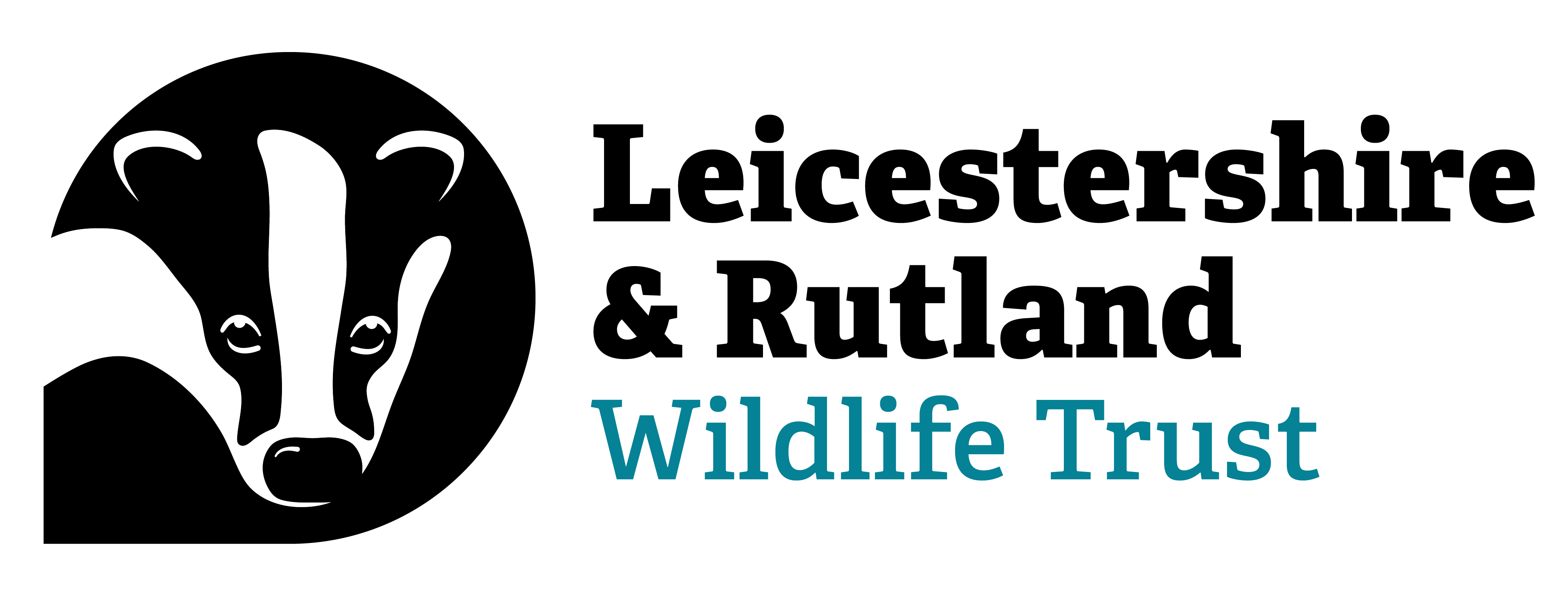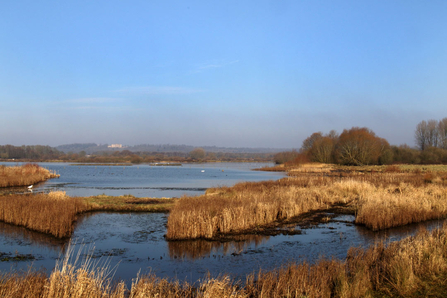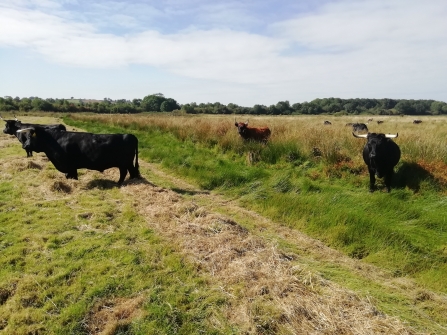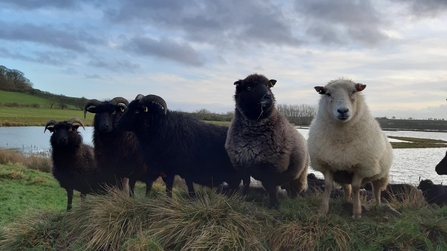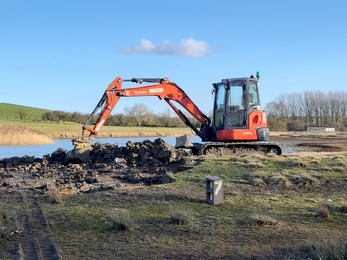This blog was meant to be a typical week in the life of a Reserve Officer at Rutland Water Nature Reserve, but I think it’s safe to say that ‘typical weeks’ have been slightly different over the past year.
Here at Rutland Water Nature Reserve, our annual work programme has been extremely impacted upon. Normally I would be out with a fine band of merry volunteers, finishing off the last of the winter work such as hedge-laying and coppicing; but, as with many workers, we have had to adapt.
However, that doesn't mean we haven't been busy and the wildlife still requires our efforts! So the following diary is a record of the tasks that I’ve been working on in the past week.
